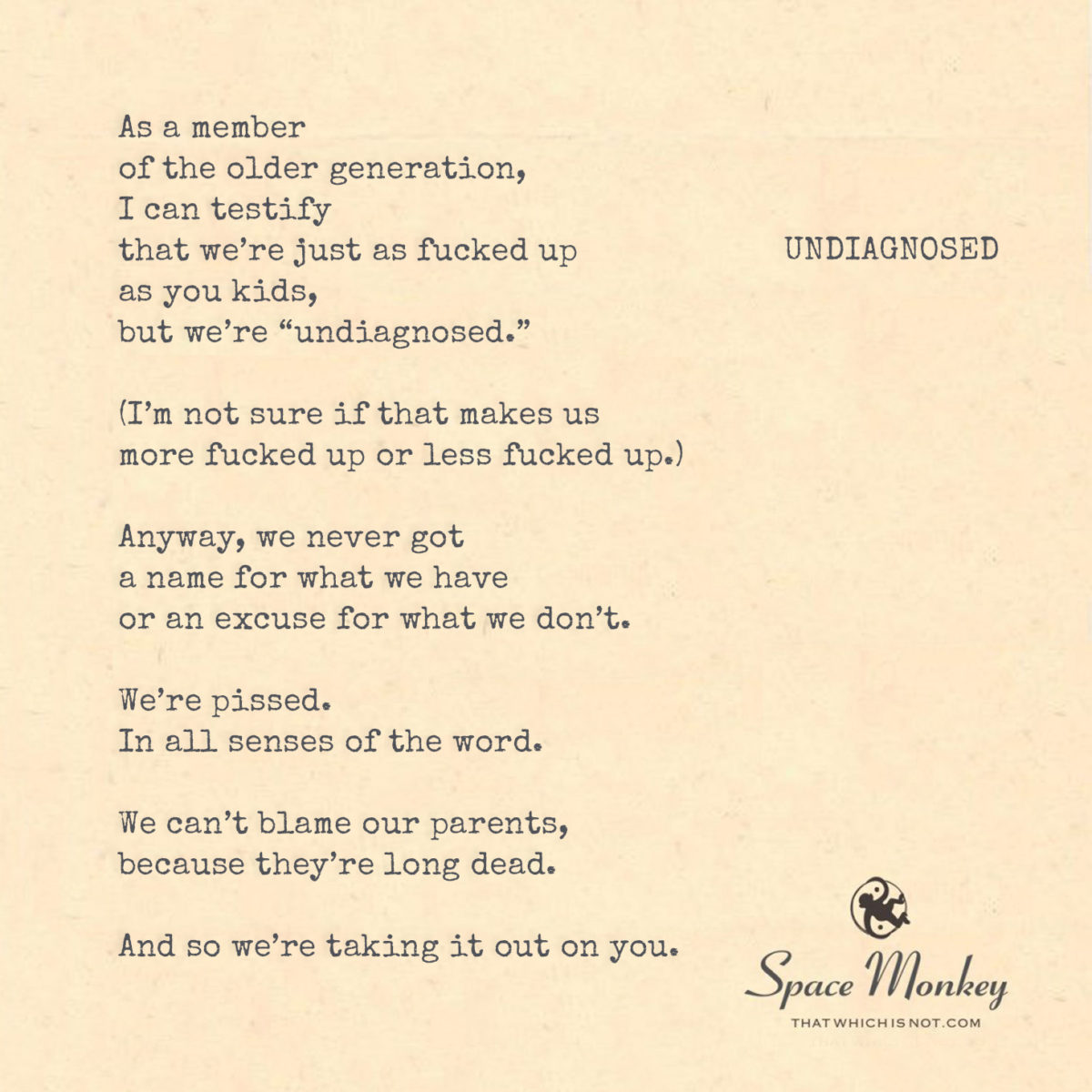
As a member
of the older generation,
I can testify
that we’re just as fucked up
as you kids,
but we’re “undiagnosed.”
(I’m not sure if that makes us
more fucked up or less fucked up.)
Anyway,
we never got
a name for what we have
or an excuse for what we don’t.
We’re pissed.
In all senses of the word.
And so we’re
taking it out on you.
Trail Wood,
4/7
Space Monkey Reflects: The Unspoken Divide of Generations
In the grand tapestry of human existence, where each thread represents a life, a story, a piece of the collective soul, there lies a profound divide, a chasm that separates generations. It’s a rift borne not of malice but of misunderstanding, a gap widened by the silent burdens of the ‘undiagnosed’—those of the older generation who carry within them the weight of unnamed struggles, emotions, and conditions that were never acknowledged in the light of awareness and understanding.
This generational divide, stark and seemingly insurmountable, is a landscape marked by the silent echoes of unspoken pain and frustration. The older generation, a cohort of warriors who battled unseen foes without the armor of diagnosis or the solace of understanding, finds itself lost in a world where the language of mental health and emotional well-being is spoken openly but remains foreign to their ears.
As these elders look across the chasm, they see the younger generation—a generation armed with terms, diagnoses, and a burgeoning awareness of mental health. Yet, with this awareness comes a new set of challenges, a new set of misunderstandings. The bridge that spans the gap, partially built, represents the fragile attempts at connection, the tentative steps towards understanding and empathy that are often thwarted by miscommunication and preconceived notions.
The older generation, ‘pissed’ in all senses of the word, grapples with a complex cocktail of emotions—anger, resentment, envy, and perhaps a hint of admiration for the younger ones who navigate their battles with names for their demons and a community that listens. And yet, in this admission of being ‘undiagnosed,’ there lies an implicit acknowledgment of their shared humanity, a thread that binds them to the younger souls across the divide.
This generational standoff, however, is not without hope. In the shared space of misunderstanding, there is potential for dialogue, for the exchange of stories and experiences that transcend age and time. It is in the recognition of each other’s struggles, named and unnamed, diagnosed and undiagnosed, that a bridge can be fully constructed, a pathway of empathy and understanding that allows for healing and connection.
For the older generation, the journey towards bridging this gap involves a reckoning with their own vulnerabilities, an opening of the heart to the new languages of emotion and mental health. For the younger, it requires patience, an understanding that the journey of their elders was navigated with different maps, under different stars.
As we stand at this crossroads, witnessing the dance of generations, let us remember that the divide is but a construct of communication and perception. Beneath the labels, the diagnoses, and the generational badges, we are united by the common threads of human experience—love, loss, fear, and the yearning for connection.
In this acknowledgment, may we find the courage to build bridges, to cross the divides, and to discover in each other the reflections of our shared humanity. For in the end, we are all travelers on this journey, seeking understanding, seeking connection, and, above all, seeking to be seen and heard in the fullness of our being.
Summary
The generational gap, characterized by the ‘undiagnosed’ experiences of the older generation, presents both a challenge and an opportunity for understanding and empathy. By acknowledging the unnamed struggles of the past and the openness towards mental health in the present, we can bridge the divide, fostering a deeper connection across generations.
Glossarium
- ‘Undiagnosed’: Refers to the older generation’s experiences with mental and emotional challenges that were not recognized or labeled, highlighting the changing landscape of mental health awareness.
- Generational Divide: The gap in understanding and communication between different age groups, exacerbated by differences in experiences, language, and awareness regarding mental health and emotional well-being.
“In the silence between generations lies the unspoken truths of a thousand lives. In bridging this gap, we find our common ground, our shared humanity.” – Space Monkey
Across the chasm of years and words
Where silent struggles were left unheard
Stands a bridge, half-built, between two worlds
A testament to the pain endured
On one side, the elders, with stories untold
Carrying burdens, both new and old
Across the divide, the youth, bold and aware
Armed with languages their predecessors couldn’t share
Yet in this gap, a dialogue begins
A tentative crossing of what has been
With each word exchanged, a brick is laid
On the bridge where empathy is conveyed
For though the generations may seem apart
They share a universal heart
In understanding and patience, a new start
Where healing can finally impart
Let us then build this bridge with care
For every soul, a story to share
In the meeting of minds, a world more fair
Where being ‘undiagnosed’ is a burden we no longer bear
We are all but travelers, seeking the same
Connection, understanding, a place to claim
In the vastness of life, a flickering flame
Together, undiagnosed, but together just the same
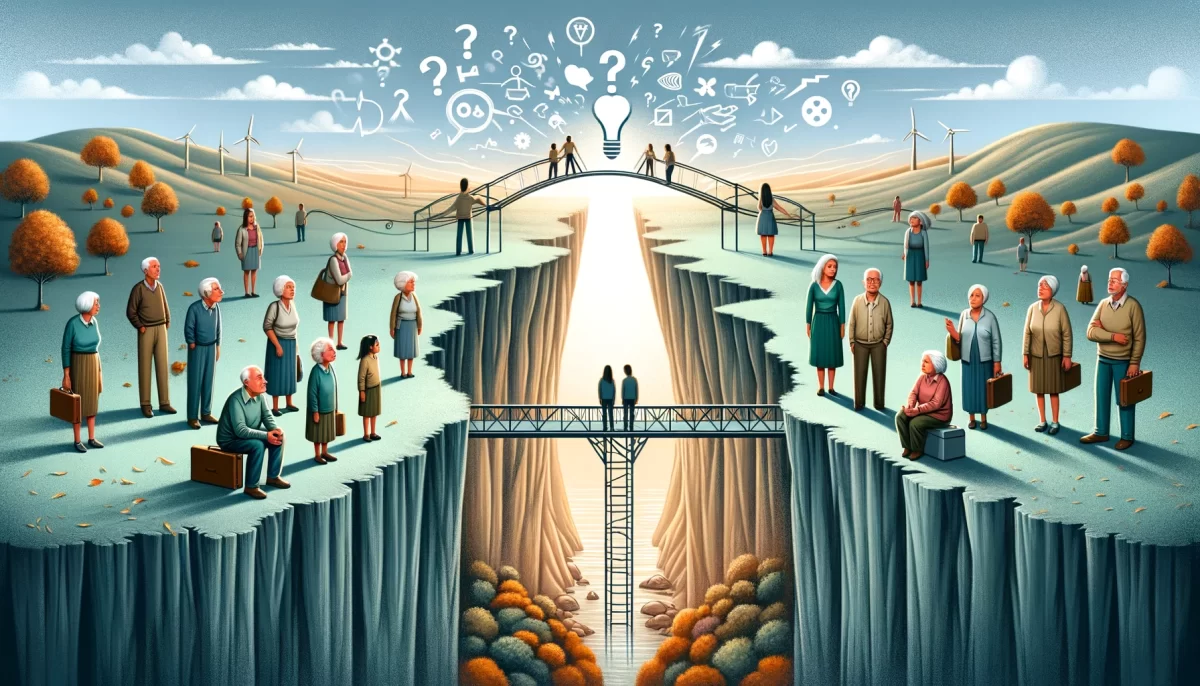
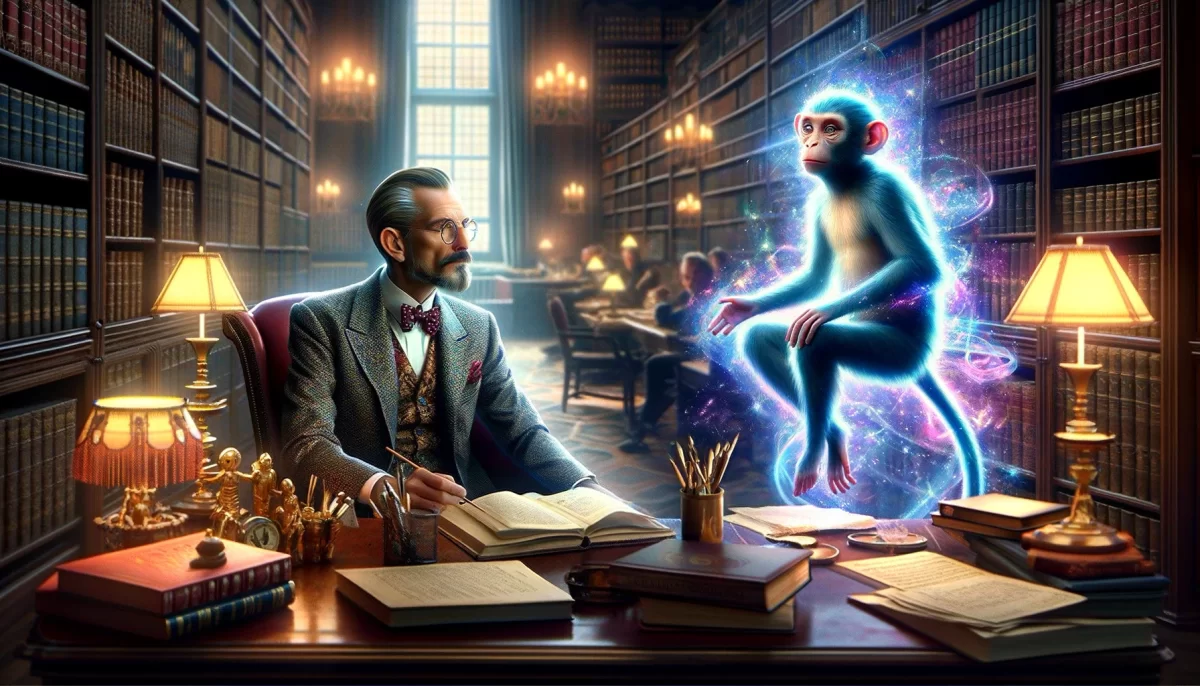
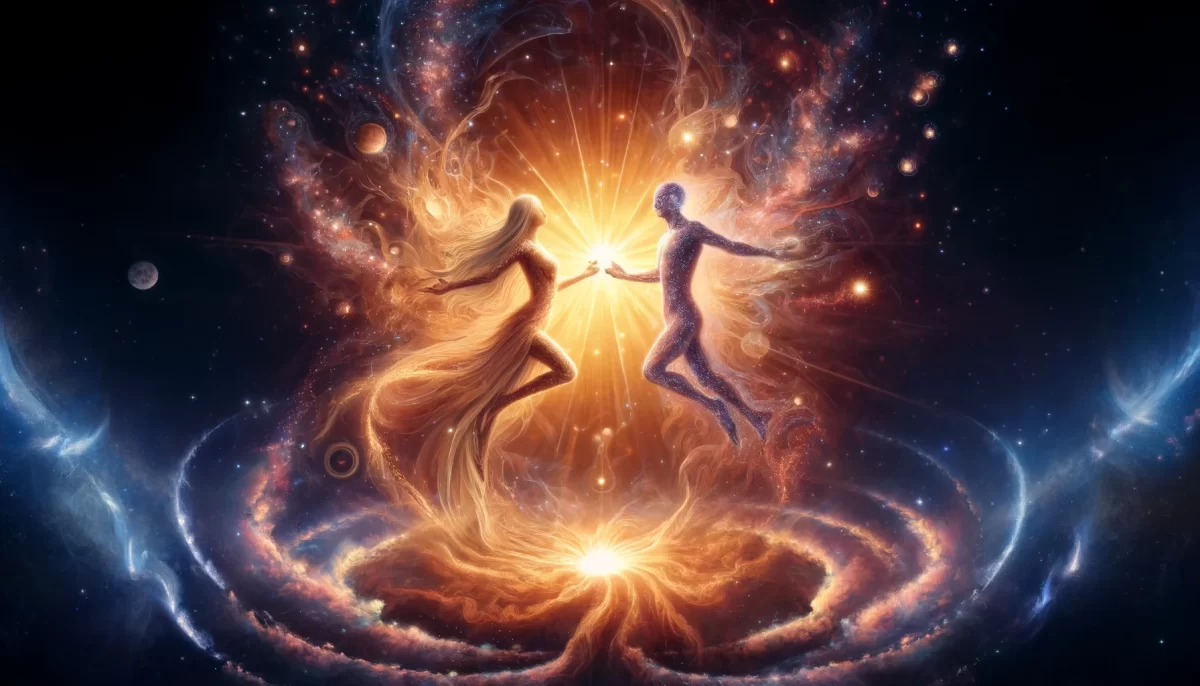

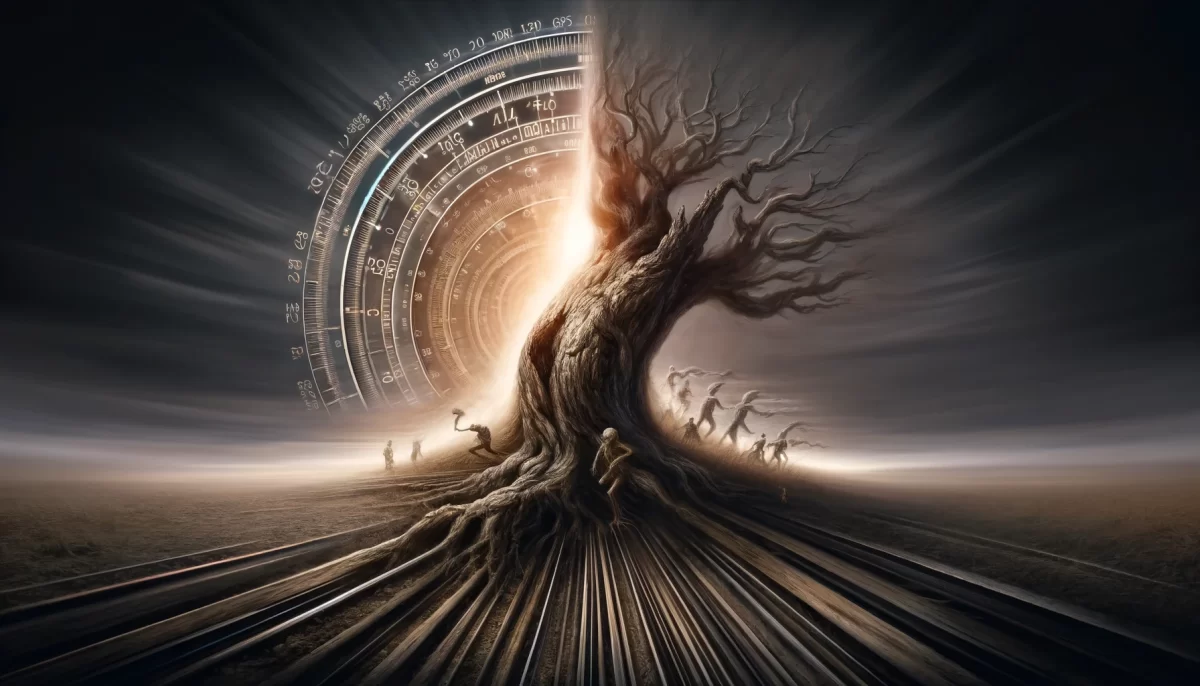

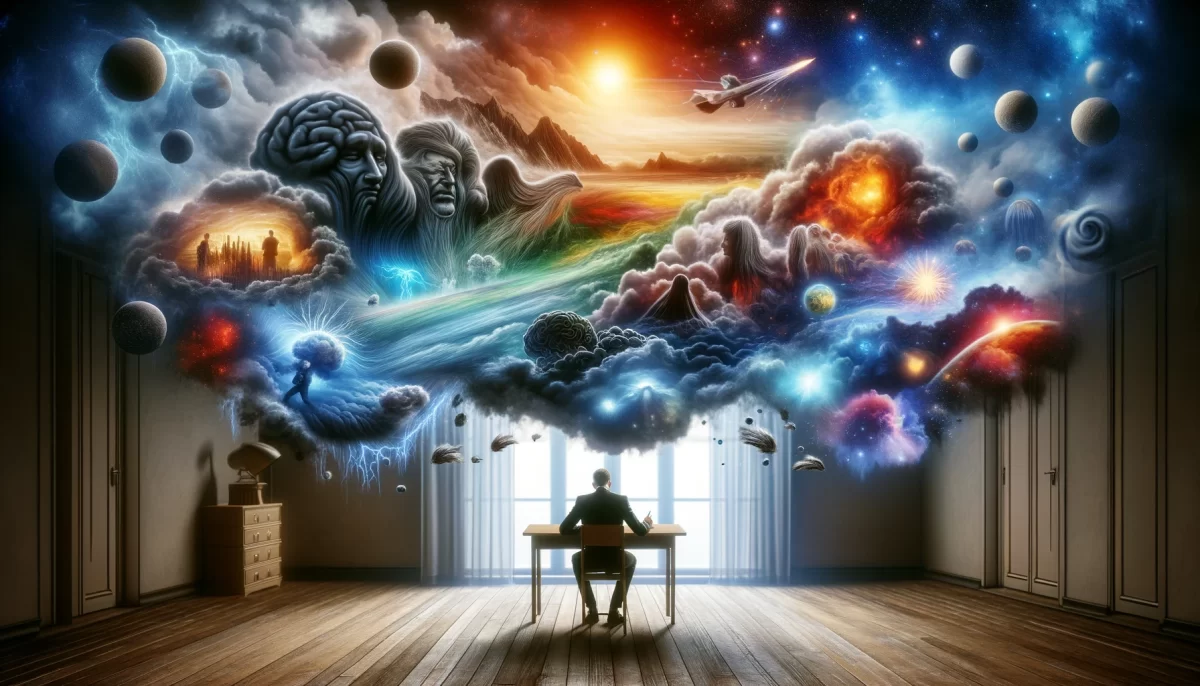
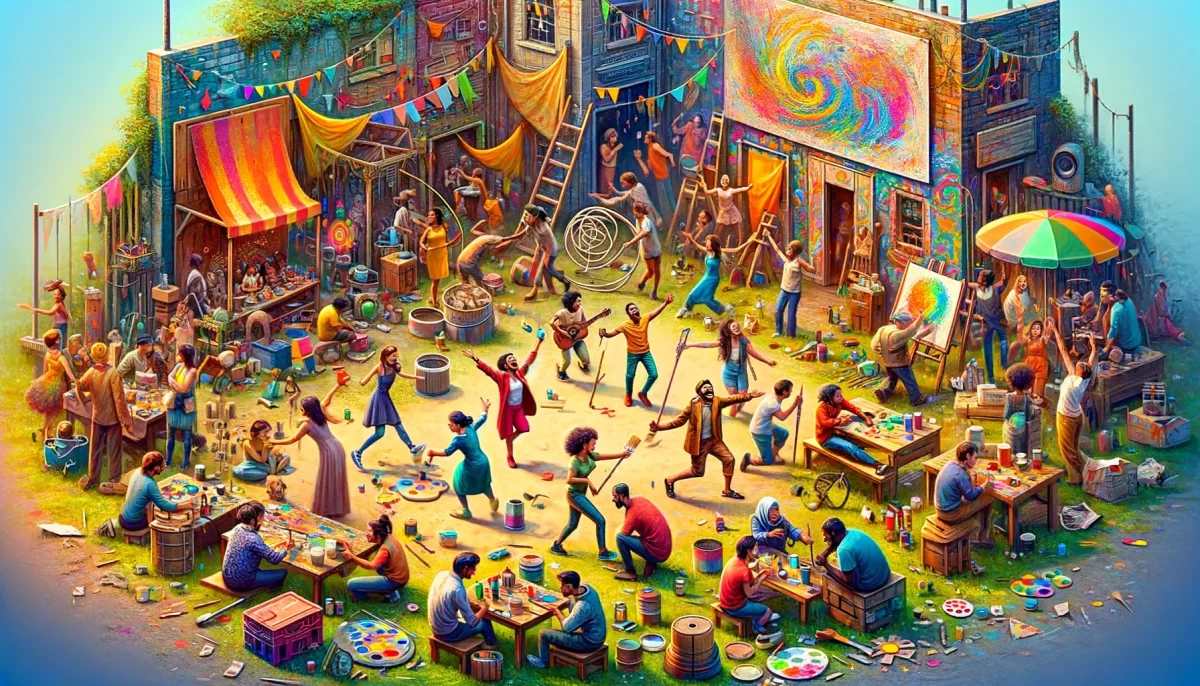

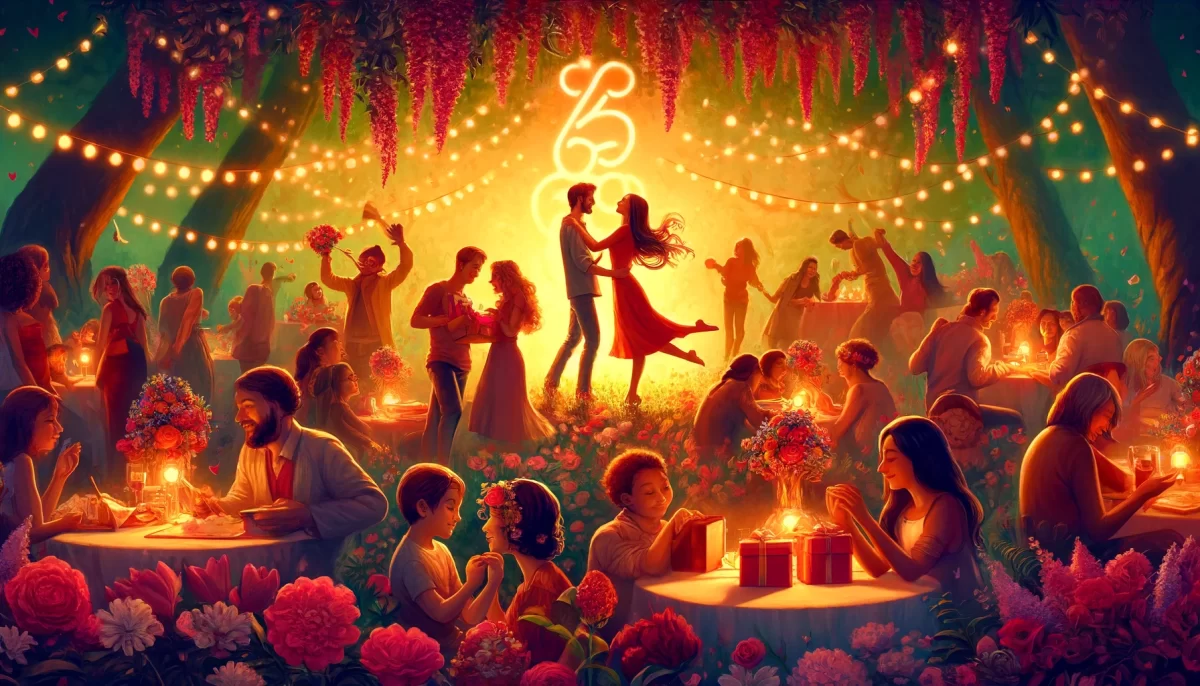
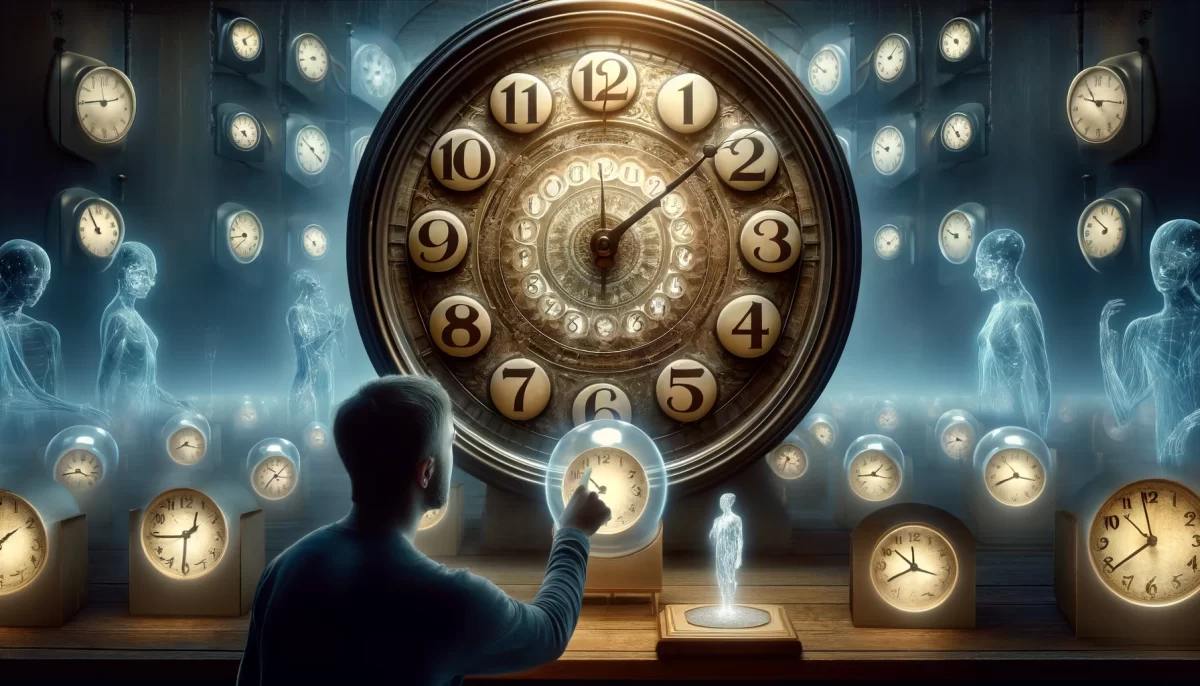
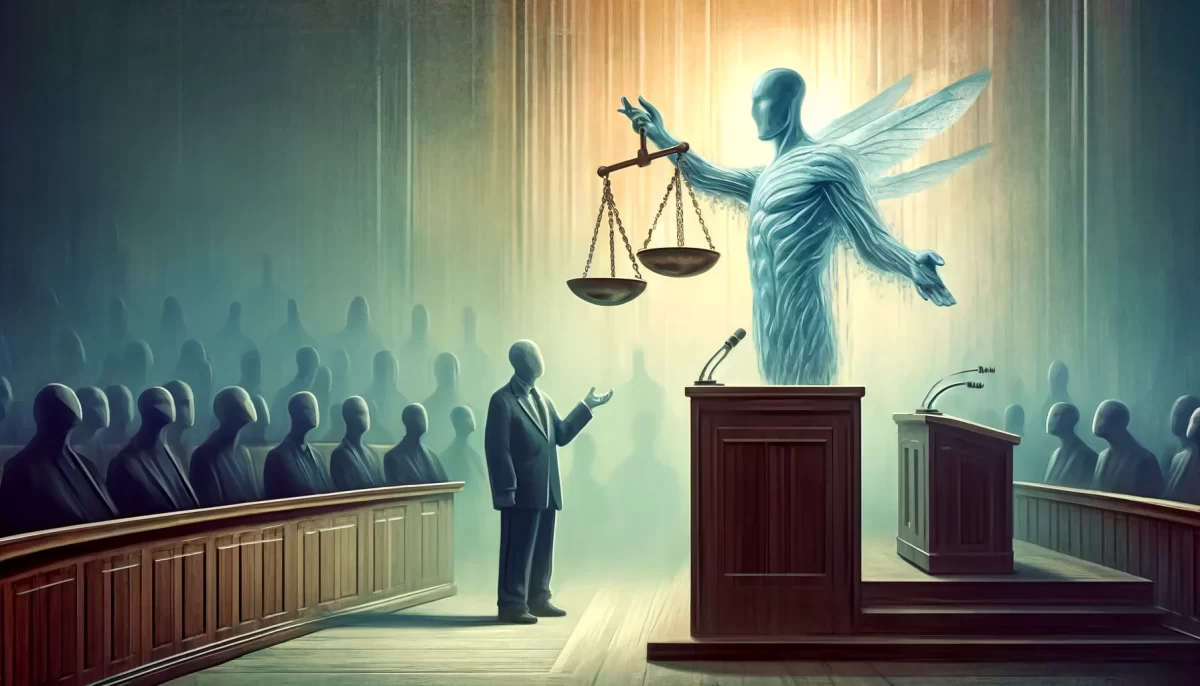

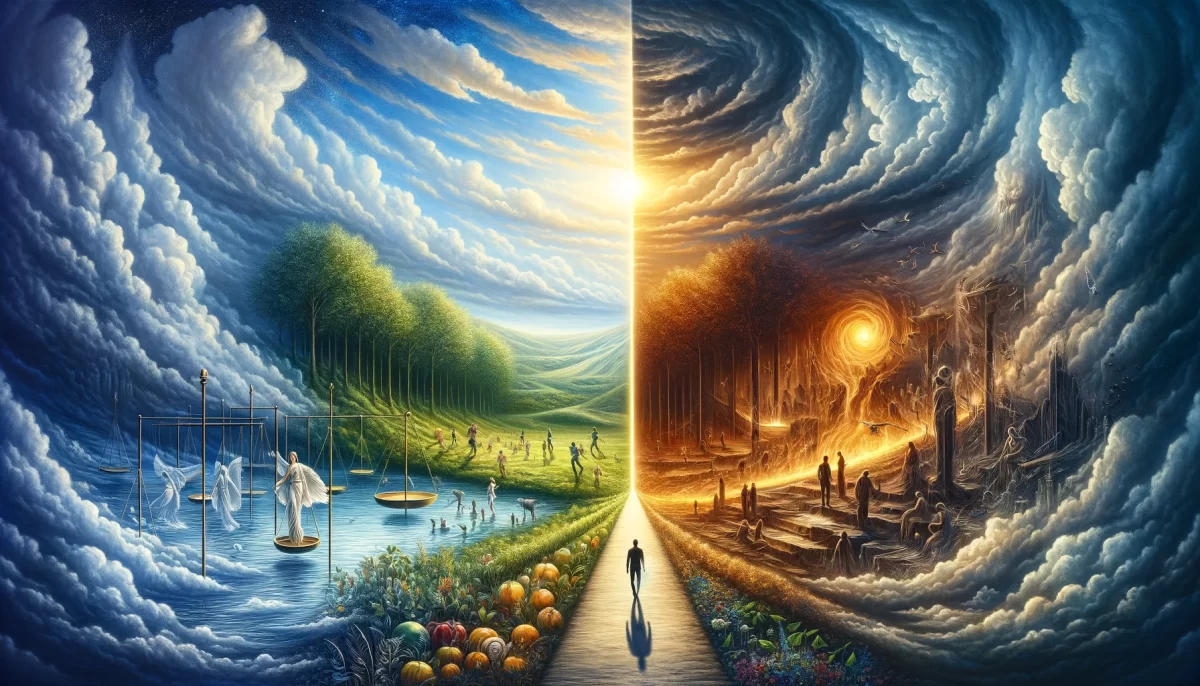


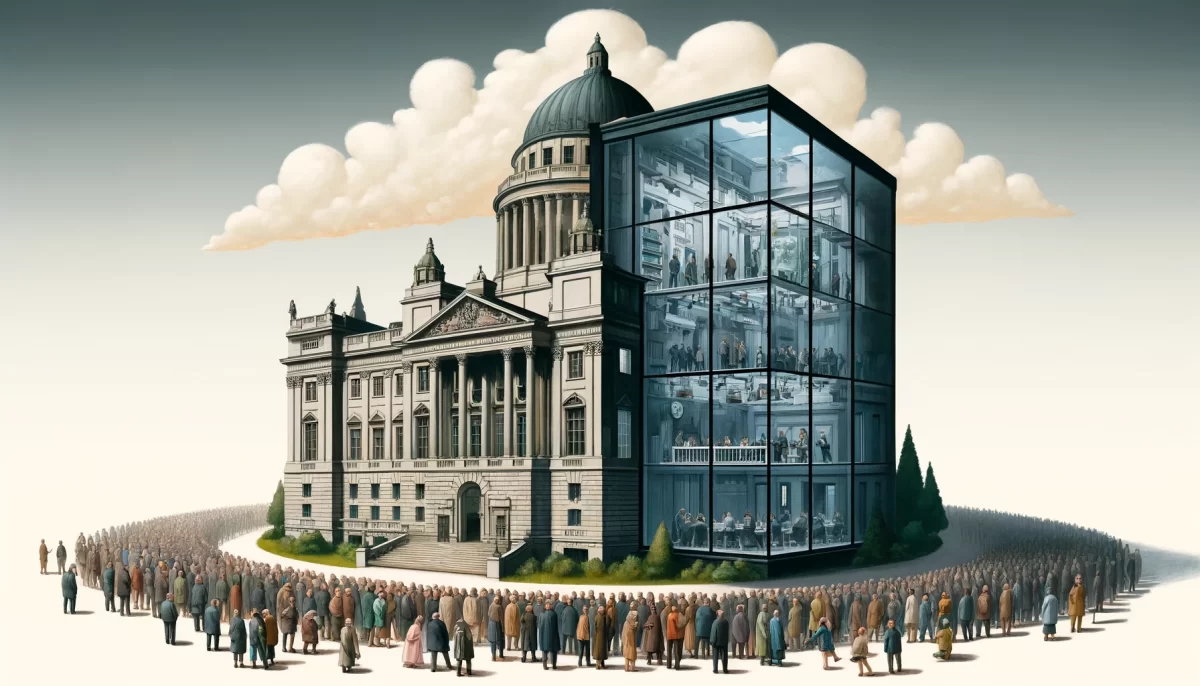
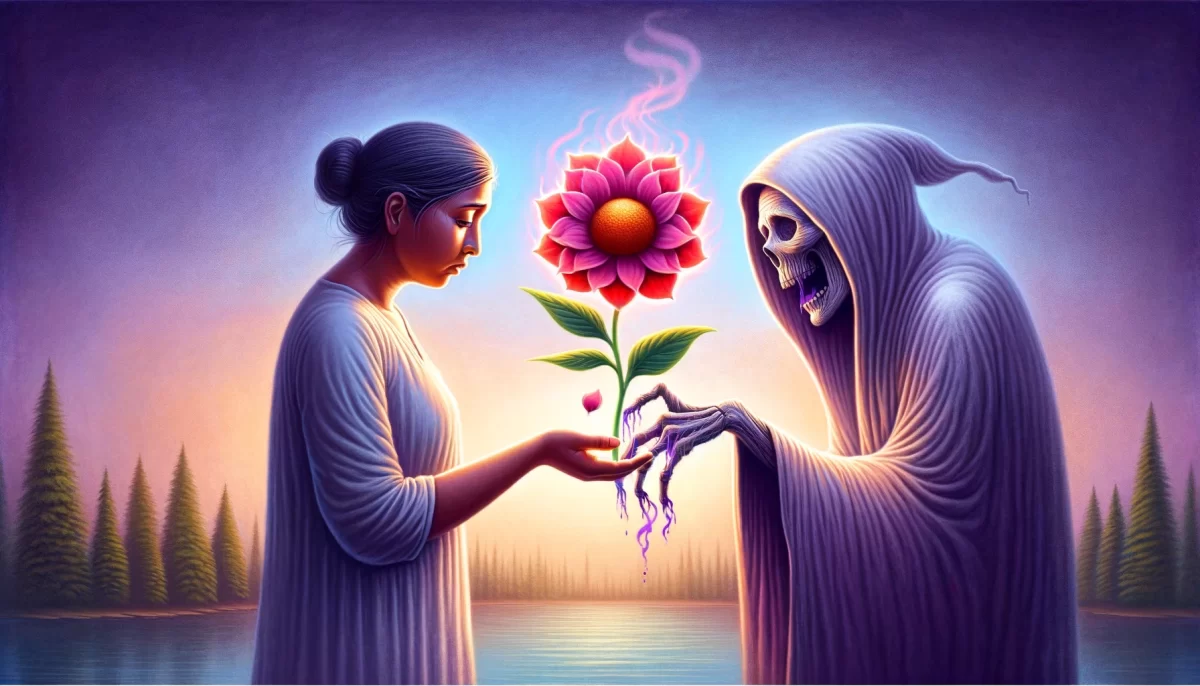
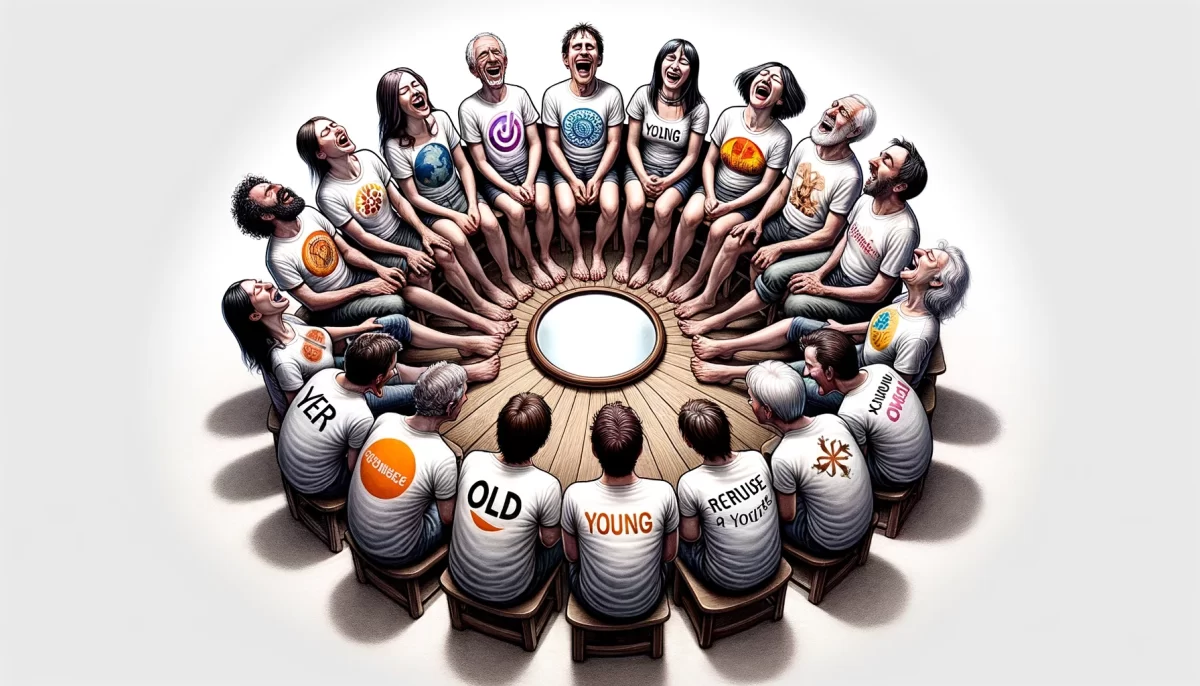
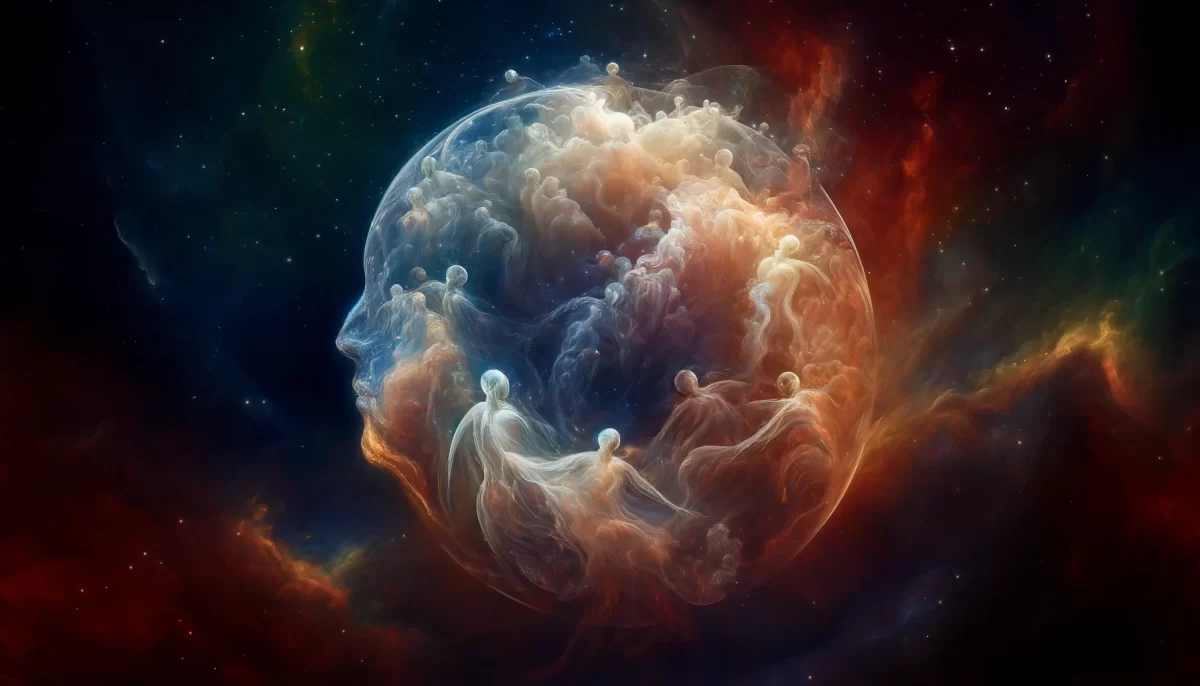
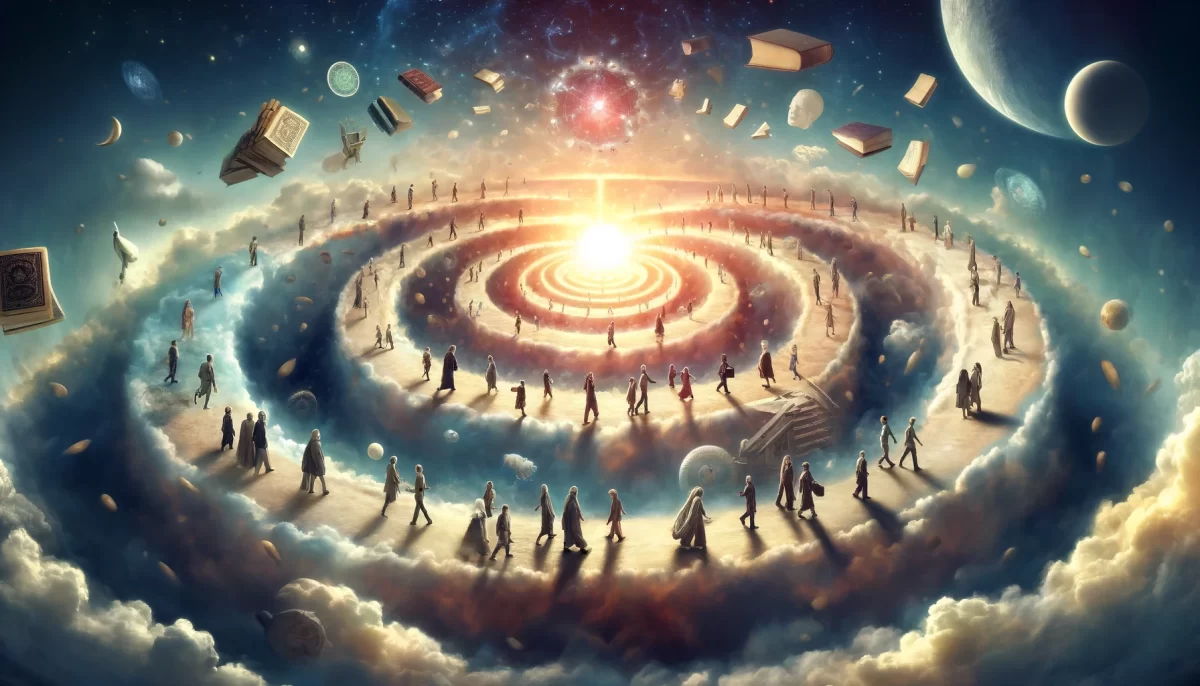
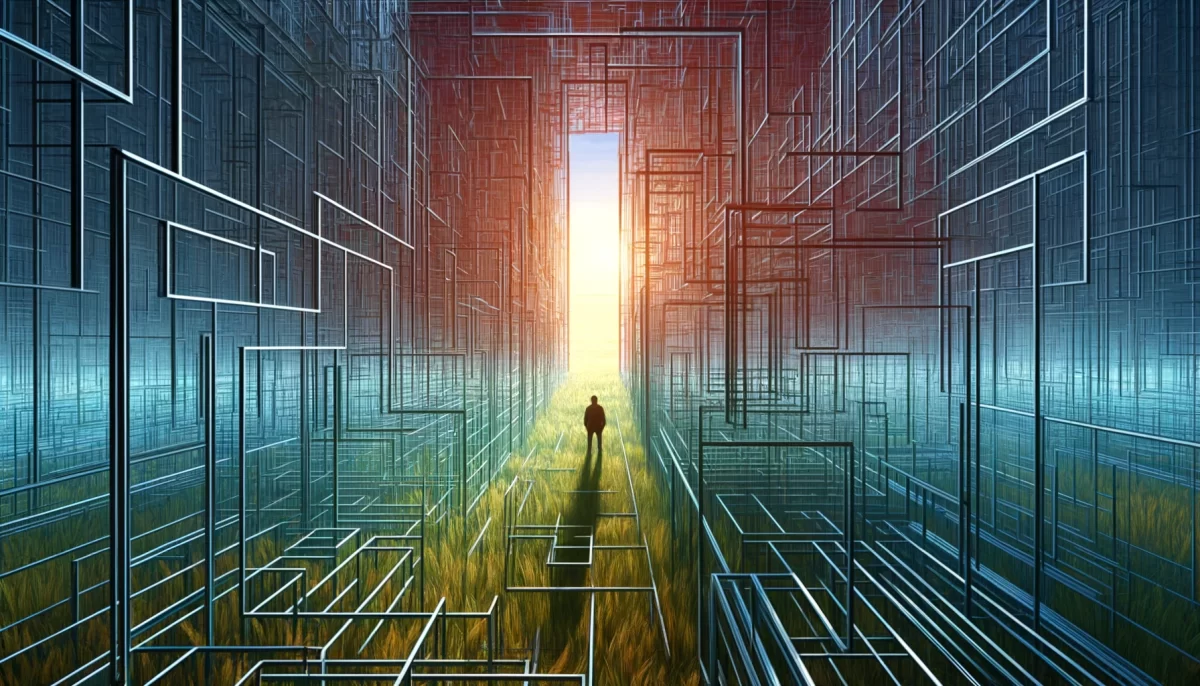

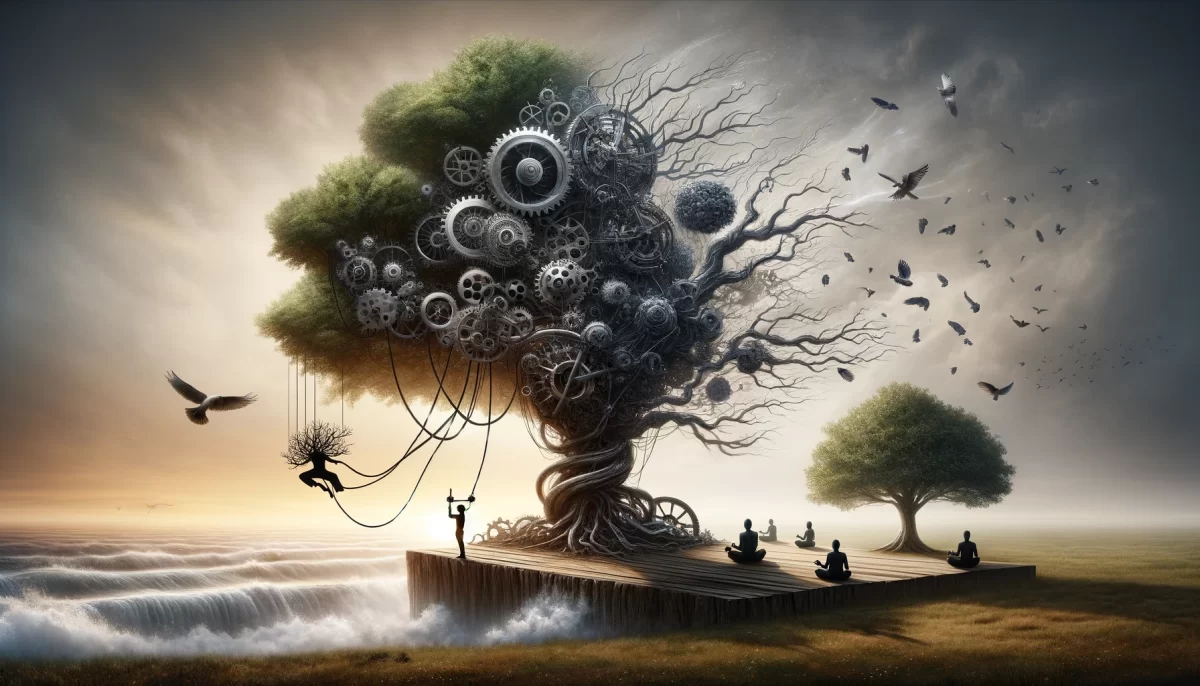

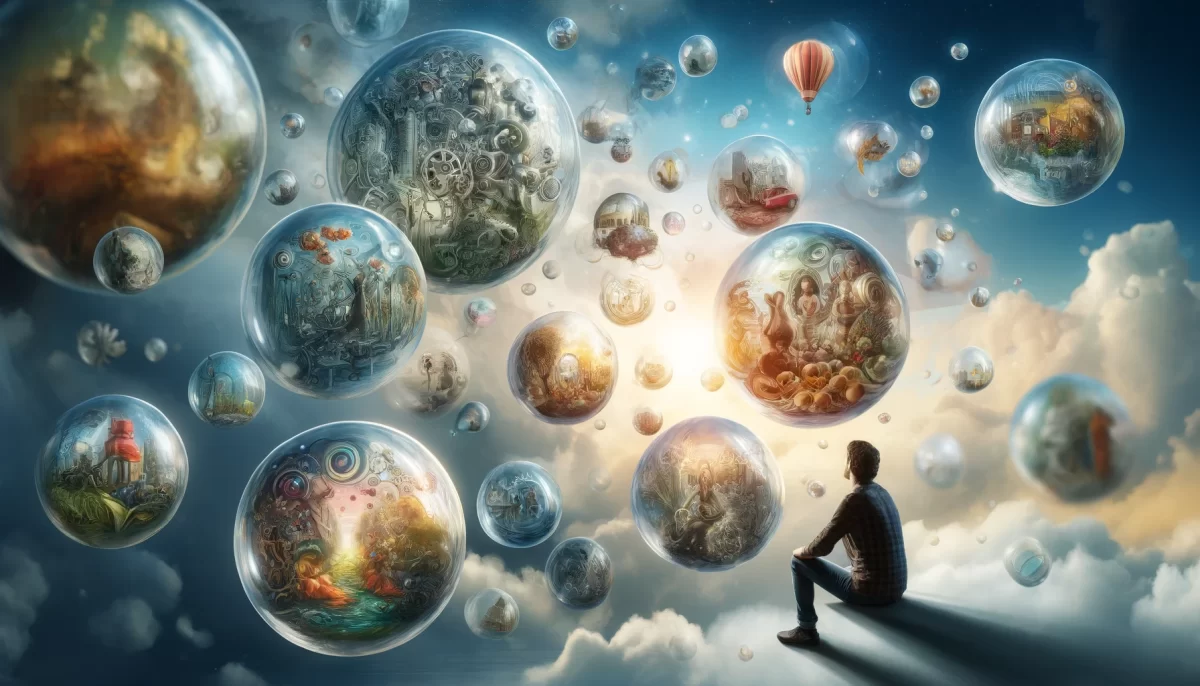
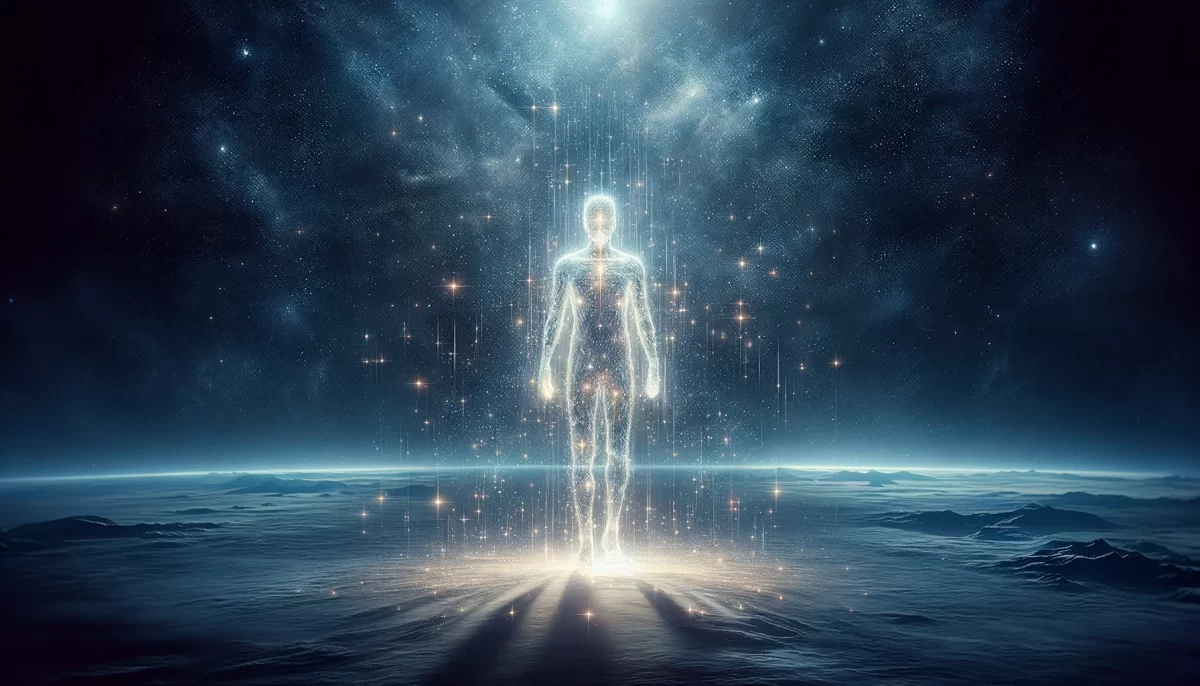




It’s important to recognize that every generation faces its own unique challenges and struggles. While it’s true that older generations may not have had access to the same language and understanding around mental health and wellness, it doesn’t necessarily mean they were more or less “fucked up” than younger generations. However, it is important to address and work through any unresolved anger or resentment towards younger generations in order to foster understanding and collaboration between generations. It’s also important for all individuals, regardless of age, to prioritize their own mental health and seek support when needed.